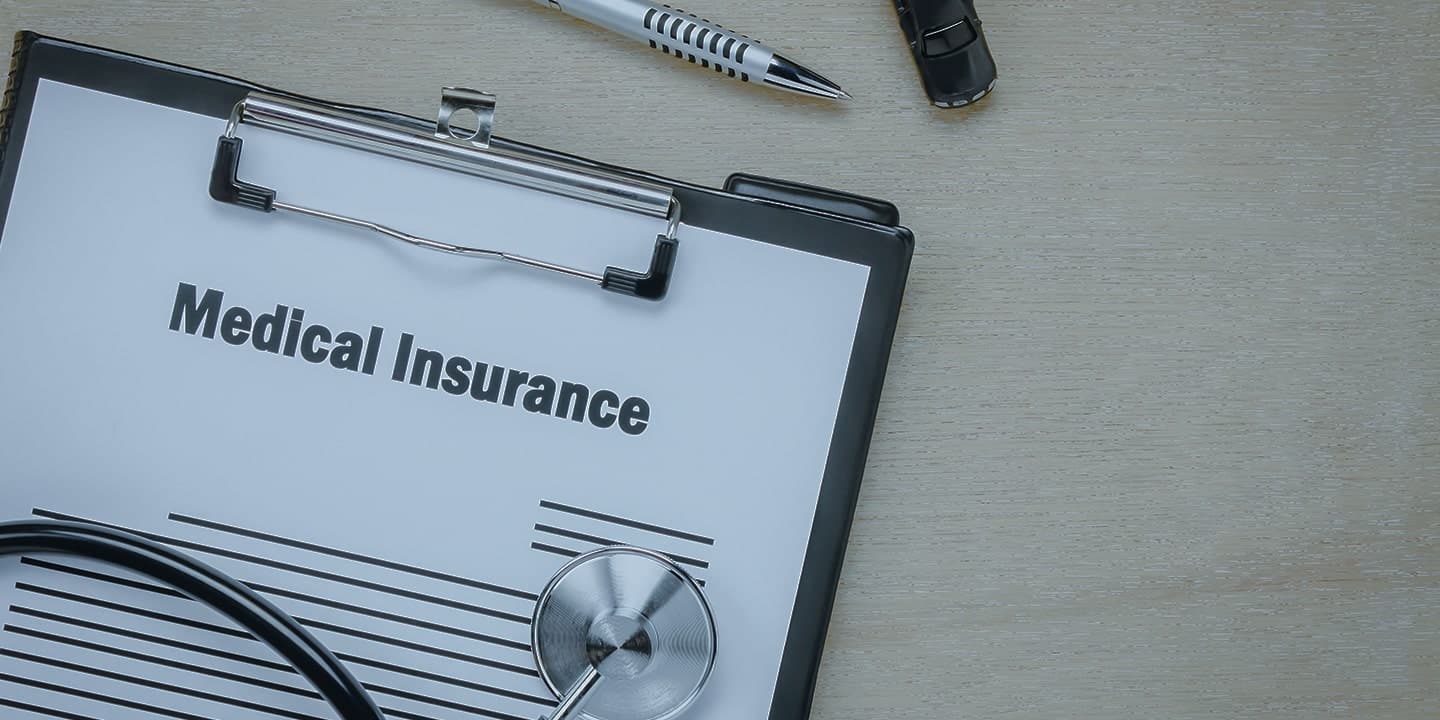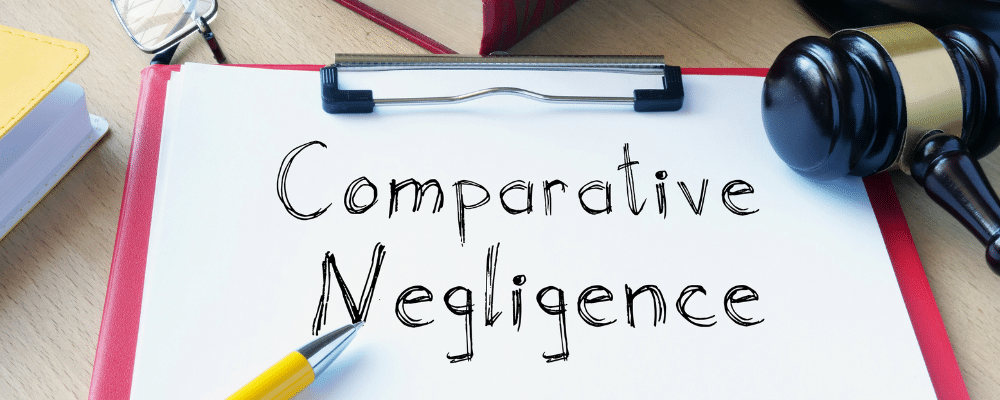BLOG
Category
- All
- Car Accident
- Dangerous Drugs
- Dog Bite Injury
- Firm News
- Mass Tort
- Medical Malpractice
- Motorcycle Accident
- Nursing Home Abuse
- Paralegal
- Pedestrian Accident
- Personal Injury
- Premises Liability
- Product Liability
- Truck Accident
- Uncategorized
- Workers' Compensation
- Wrongful Death
All
- All
- Car Accident
- Dangerous Drugs
- Dog Bite Injury
- Firm News
- Mass Tort
- Medical Malpractice
- Motorcycle Accident
- Nursing Home Abuse
- Paralegal
- Pedestrian Accident
- Personal Injury
- Premises Liability
- Product Liability
- Truck Accident
- Uncategorized
- Workers' Compensation
- Wrongful Death
Whose Insurance Pays In A Multi-Car Accident?
April 23, 2024
Legal Considerations for Multi-Car Accidents In the realm of multi-vehicle accidents, particularly prevalent are multi-car rear-end collisions, which often pose intricate legal questions. Under Missouri law, a significant presumption exists regarding fault attribution in rear-end collisions. It’s typically deemed that the driver who strikes the rear of another vehicle is at fault. This presumption stems from several factors, notably the rear driver’s superior visibility, control ...
Read More...
Average Settlement for Car Accident Back and Neck Injury
April 19, 2024
What Impacts the Value of Your Neck or Back Injury Settlement? Like most car accident settlements, the value of your neck or back injury settlement depends on multiple factors, including: Severity of the injuries – The extent of your injury, including the severity of pain, limitations in mobility, and any long-term effects, will heavily influence the settlement value. More severe injuries often lead to higher settlements. ...
Read More...
Does Health Insurance Cover Car Accident Injuries?
April 17, 2024
Health insurance may cover injuries sustained in a car accident, but the extent of coverage can vary depending on several factors, including the type of health insurance you have, the specific terms of your policy, and the laws in your state or country.
Read More...
Dealing With Allstate Insurance Adjusters
April 11, 2024
What To Do After an Accident If You Have Allstate Insurance Your actions immediately after an accident can significantly affect the compensation you receive from Allstate. To protect your rights and potential payout, be sure to: Call 911 and report the accident to the authorities. Gather evidence at the scene, such as photos of the damage and any injuries and witness contact information. Seek medical ...
Read More...
Can You Sue Someone After Settling With Their Insurance?
April 2, 2024
Whether or not you can sue someone after settling with their insurance depends on the specific terms and conditions of the settlement agreement you reached with the insurance company. In general, settling with an insurance company typically involves signing a release of liability, which may prevent you from pursuing further legal action against the at-fault party. Here are some key points to consider: Release of ...
Read More...
Stages of Hypoxic Ischemic Encephalopathy
April 1, 2024
Hypoxic ischemic encephalopathy, also known as HIE, is a serious condition caused by a lack of oxygenation at birth. It can lead to life-long consequences and require ongoing medical care. HIE is diagnosed based on numerous factors during and after birth. Brown & Crouppen is a full-service personal injury law firm. Our skilled birth injury lawyers are prepared to help you seek full and fair compensation ...
Read More...
What are the Stages of Bedsores?
March 27, 2024
Bedsores are a significant concern among older adults and individuals with mobility problems. They occur when a person spends too much time in one position, causing skin irritation—especially in areas where thinner skin covers bone, such as the heels, shoulder blades, and ankles. Stages of bedsores are sometimes broken down into four categories, with level four bedsores posing the most severe risks to an individual’s ...
Read More...
What Is the Apgar Score?
March 27, 2024
An Apgar score is a clinical measure of a newborn’s well-being and emergency care needs. All infants should receive the test at 1 and 5 minutes after birth. If a baby receives a low score, their medical team should repeat the test every 5 minutes for 20 minutes. A low Apgar score may indicate a birth injury or other medical issue. If that issue occurred ...
Read More...
What Is Marginal Cord Insertion?
March 25, 2024
Why Does Marginal Cord Insertion Happen? Marginal cord insertion normally results from the abnormal placement of early placental cells during implantation. Researchers have not identified an exact reason why this occurs, but some risk factors increase the likelihood of it occurring, including: Pregnancy with multiples, such as twins and triplets Maternal age over 35 Use of artificial reproductive technology, such as in vitro fertilization Use ...
Read More...
Understanding Missouri’s Comparative Negligence Laws
March 24, 2024
If you suffered a personal injury at little to no fault of your own, a quick online search may leave you wondering, “What is comparative fault?” Understanding Missouri’s comparative negligence laws is crucial to maximizing the compensation you receive for your injuries and losses. Brown & Crouppen is a full-service personal injury law firm dedicated to providing high-quality legal representation to injury victims in their ...
Read More...
SCHEDULE A FREE CONSULTATION









